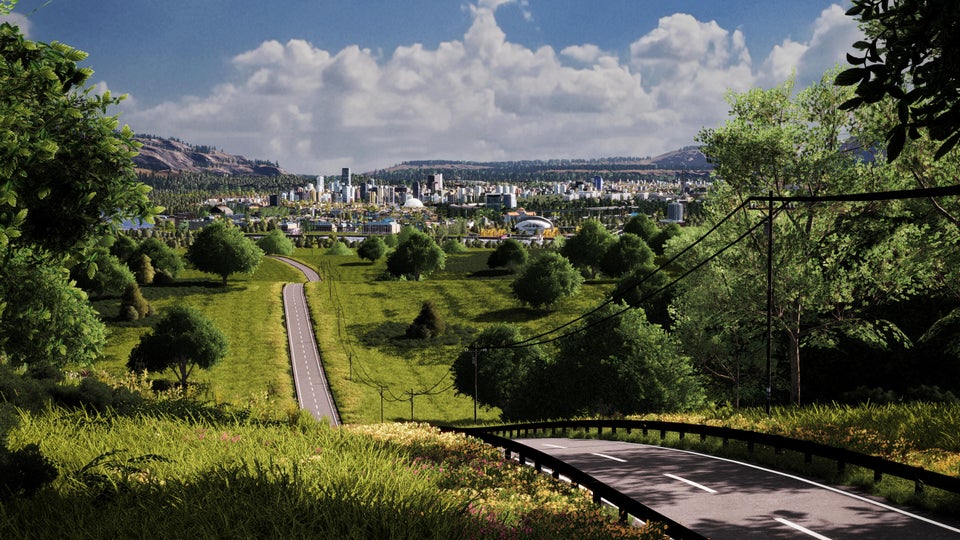COVID-19 TEMPTS SA BUYERS AWAY FROM DENSE CITY LIVING

The rapid urbanisation model that’s been guiding 21st century global macro socio-economic development has in a few short months been turned on its head by Covid-19 to such an extent that business and real estate experts believe the recent decentralisation trend could be permanent.
The migration movement in South Africa is mirroring countries like the UK and Australia with the number of buyers interested in smaller regional towns and rural properties sharply increasing in recent months. This is in contrast to real estate trends around major metropoles such as New York where searches for suburban homes have spiked since the pandemic began.
Currently 55% of the world’s population lives in cities, but densification forecasting in recent years has put that figure closer to 70% by 2050 across both developed and developing nations.
It’s a forecast that’s probably going to need revision, according to real estate industry veteran Joff van Reenen, Lead Auctioneer and Director of High Street Auctions, who believes the societal and business changes brought about by the pandemic will be far-reaching and permanent.
“This isn’t a transient change; we’ve become accustomed to working, living and socialising differently. It’s standard now to have a Zoom meeting even if your client is just down the road; nobody feels slighted because it’s the norm and it’s going to stay that way.
“If the conveniences that urbanites prize like galleries, theatres and bars become places that are dangerous because they’re crowded, it’s not unreasonable for them to start questioning the appeal of density living and the higher costs associated with prime areas in major cities.
“In the past three months we’ve seen those questions reflected in hard numbers; the increase in traffic on our website and the number of inquiries about rural homes we’re auctioning.”
Yael Geffen, CEO of Lew Geffen Sotheby’s International Realty says: “We were already seeing this trend in South Africa pre-Covid, with a growing number of people moving away from main metros due to affordability, traffic congestion, crime and quality of life but we expect it to accelerate in the wake of the pandemic.
“People’s desire for more space is understandable considering the practical implications of lockdown and self-isolation which can be extremely confining in a dense urban environment where homes tend to be smaller and public areas and amenities more crowded.”
Van Reenen, who has conducted auctions across four continents, says the company has also noted an unprecedented level of qualified bidder interest in rural residential properties offered in High Street’s virtual auctions that started at the beginning of the lockdown.
These observations are echoed by realtors quoted in the Wall Street Journal last month. According to the publication: “The pandemic has also sparked a renewed interest in secondary residences. In highest demand are rural areas within a short drive of large cities—such as the Atlantic coast in France, the sparsely populated state of Brandenburg that surrounds Berlin, or Connecticut.”
People who can’t entirely relocate to rural centres are turning to suburbia in far greater numbers than we have seen in many years, especially those who live in the larger metros.
“Shark Tank” investor and CEO and founder of cybersecurity firm Herjavec Group, Robert Herjavec believes that we are about to see “one of the greatest moves to the suburbs from urban areas since the 1950s or the ’60s” and that the trend will persist well beyond the peak of the Covid-19 outbreak.


Sorry, the comment form is closed at this time.